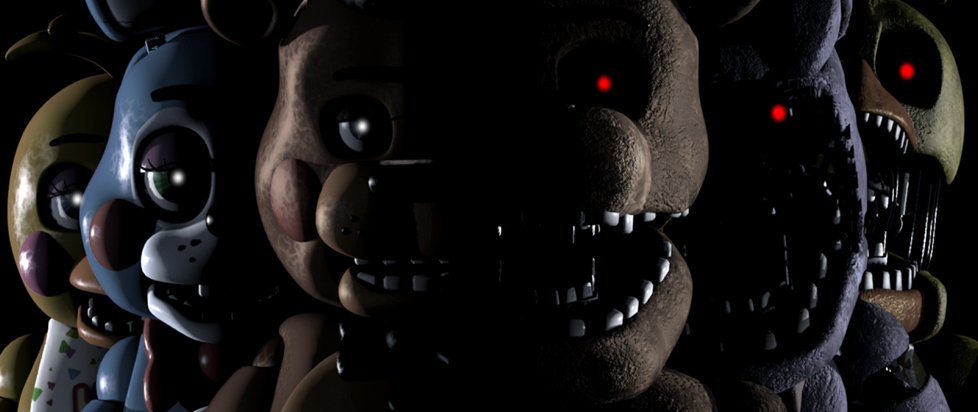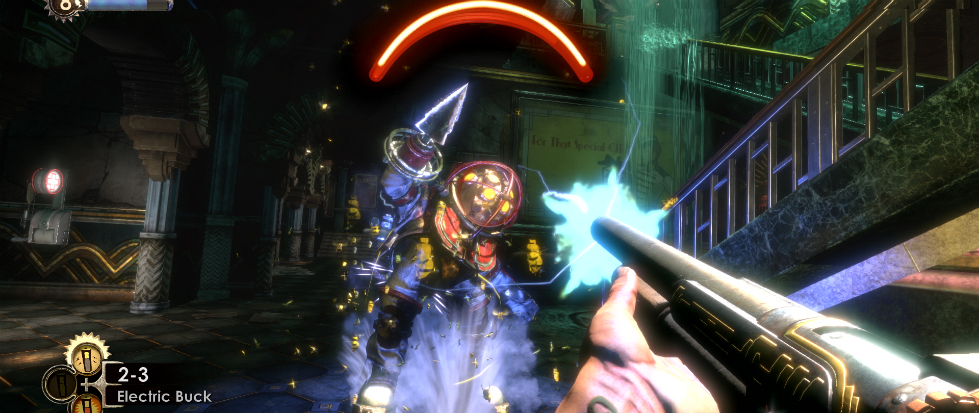
Fallout 3, The Outer Worlds, and the Megaton Problem
For better or worse, player choice in Western role-playing games is often the benchmark upon which they’re judged. As these games get more and more open, the expectation of more viable approaches to situations balloons further and further. But when you get right down to it, the big, showcase choices that these types of games give players still have a very binary nature. Fallout 3, landmark RPG though it is, also set the standard for how quests usually operate in its Megaton decision. What’s worse, the openness of these RPGs stands in stark contrast to how the rest of its gameplay invites many possible approaches. And it’s not gotten that much better with time.
The Megaton decision goes like this: You exit your vault to find a postapocalyptic wasteland before you, and you start walking towards the nearest signs of life. The first settlement you come to is called Megaton, so named because a certain cult has ensured that the atomic bomb that stands as the centerpiece of the town was never moved or deactivated. You soon meet people who end up giving you two choices to solve a problem: Blow up the bomb, and thus Megaton and its people, or disarm it and kill the man who suggested that you blow up the town. Setting aside the ludicrous nature of this “choice”, there are two competing inclinations when faced with it: the temptation to blow up the town and get a higher reward, or the guilt of the reality that you just murdered a town full of people.
Many problems with this approach, not the least of which is the fact that the game never gives you a reason to care about the people of Megaton. This decision is one of the first things you do in the town, and that’s not enough time to really make a connection with anyone. Developer Bethesda is leaning on the fact that nuking a town is just an inherently terrible thing to do, but the history of video game violence is working against this notion. A lifetime of games conditioning players that human life is disposable means that the decision to end a few lives in a fiery hell storm is much easier than it should be. The guilt the game leverages in hopes that the decision will give you pause is often not enough.
And yet sometimes it is, but for the wrong reasons. The guilt at play here isn’t that you ended life – after all, games established long ago that they’re not really humans and thus are expendable – but rather that the game will judge you for not playing on the “good” path. Star Wars: Knights of the Old Republic took the old notion of character alignment and made it more binary with Light Side and Dark Side options in the game. Fallout 3 removes a solid alignment system and replaces it with a reputation stat called Karma that dictates how specific NPCs treat you. But the effects of being either good or evil are arguably equalized, with as many benefits to one as the other, flattening the outcomes and minimizing the consequences. Bioshock, another landmark game, also contributes to the flattening of good and evil by rewarding you for doing the right thing in the eyes of the developer, all but negating the purpose of giving you a bad option. Fallout 3 just made your choices that much more meaningless by giving you roughly equivalent options on both sides.
For all their increasing openness, games haven’t moved all that far beyond these flattened choices. One of the most progressive steps in the right direction in recent memory, Obsidian’s The Outer Worlds, doesn’t really do much different than the Fallout games as far as big decisions go, but it does at least provide options in those decisions that have consequences that you can feel, giving you enough to care about where what you do hurts in some way. But among these big choices is a third way, an ideal outcome that lets you maneuver through a sticky problem with the least amount of harm. While this does betray the whole point of having consequences to some degree, it does give the game a point of view that the latter-day Fallout games lack, strengthening its voice. Of course, some people may never see these ideal paths, so even that is muted.
What RPGs need right now is choices with consequences that matter, something to make you care about what happens to these pretend people we play with in games. They also need to be more than a binary choice between the good and evil path. Even The Outer Worlds’ approach is not radical enough. What we need is choices and effects that ripple throughout the game. Only then can we fully say we’ve moved past Megaton finally.




